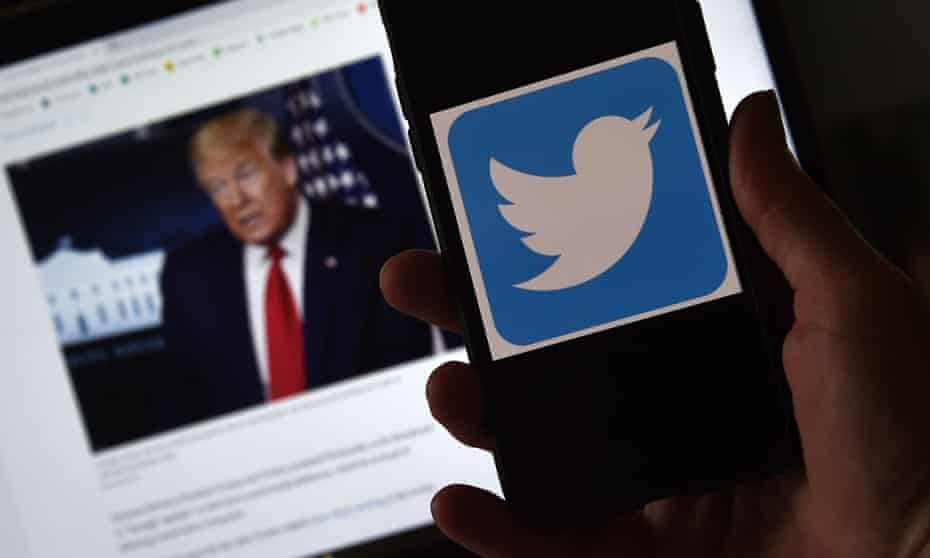Developments at Twitter, Earnings are Upon Us
A big week for big media tech.
It has been a busy start to the calendar year for me, so my ability to write as much as I would like has been curtailed. What better time to ramp back up just in time for a big week of reporting for some of the leading media and technology companies.
The Update:
With a few months of tenure under his belt as Twitter CEO, Parag Agrawal has confirmed, at least in my mind, that the legacy of @Jack remains well protected. The company’s history as a partial adjudicator in its own walled garden looks set to continue. Agrawal’s reign kicked off with the unilateral banning of accounts that, for the first time in decades, brought to light to the practice of leading US office-holders to engage in the trading of securities that they were regulating. These accounts were mostly critical of House Speaker Nancy Pelosi, who has amassed a personal fortune of well over $100M despite entering Congress with no notable net-worth. These kinds of openly partisan, favour-seeking arbitrary actions do Twitter no great service, and only go to illustrate how management might decide to intervene during critical moments in the future.
Along this line, Twitter’s policy of limiting, censoring, and labelling information that they deemed to spread misinformation about the 2020 US Presidential Election has apparently been suspended since March 2021:
According to CNN:
Twitter spokesperson Elizabeth Busby told CNN on Friday that "since March 2021," Twitter has not been enforcing its "civic integrity policy" in relation to lies about the 2020 election. That was the policy under which the company had suspended or even banned users for lying about the 2020 election, affixed fact-check warning labels to tweets containing such lies and limited others' ability to share those inaccurate tweets.
Outside of Twitter’s usual community guidelines the so called Civic Integrity Policy has been a notable, and exceptional instance of Twitter introducing rules that seem to have been applied to one political event, one political party, and in one particular country. Of course now that the spectre of a Trump re-election is over, the Twitter moderators can go back to smoking pot - as Peter Thiel once speculated.
In typical Twitter style, the context under which the Civic Integrity Policy will be applied, enforced, or policed is completely opaque. The first limiting factor is naturally the material resources necessary to enforce such a set a rules. Ironically, the advent of the Trump Administration has been the single most catalysing event in Twitter’s history. I suspect this was true because Trump threatened the sensibilities of rank and file employees (no surprise that there is a liberal bent there), as well as the interests of it’s largest brand advertisers. In any event the policy still exists, and the prospect of its return, announced or not, is likely.
In other news..
Meta Platforms and Alphabet both report Q4 financial results this week on Tuesday after the close. While many of the large technology and modern infrastructure companies have reported excellent fourth-quarter results, speculation abounds as to continuing prospects for Meta’s advertising offerings as a result of the lingering affects of IDFA. This is a state of affairs that has played out to Google, YouTube, and Android’s benefit. A major deceleration in the extraordinary operating results that were a hallmark of 2021 is widely expected, only time will tell.


